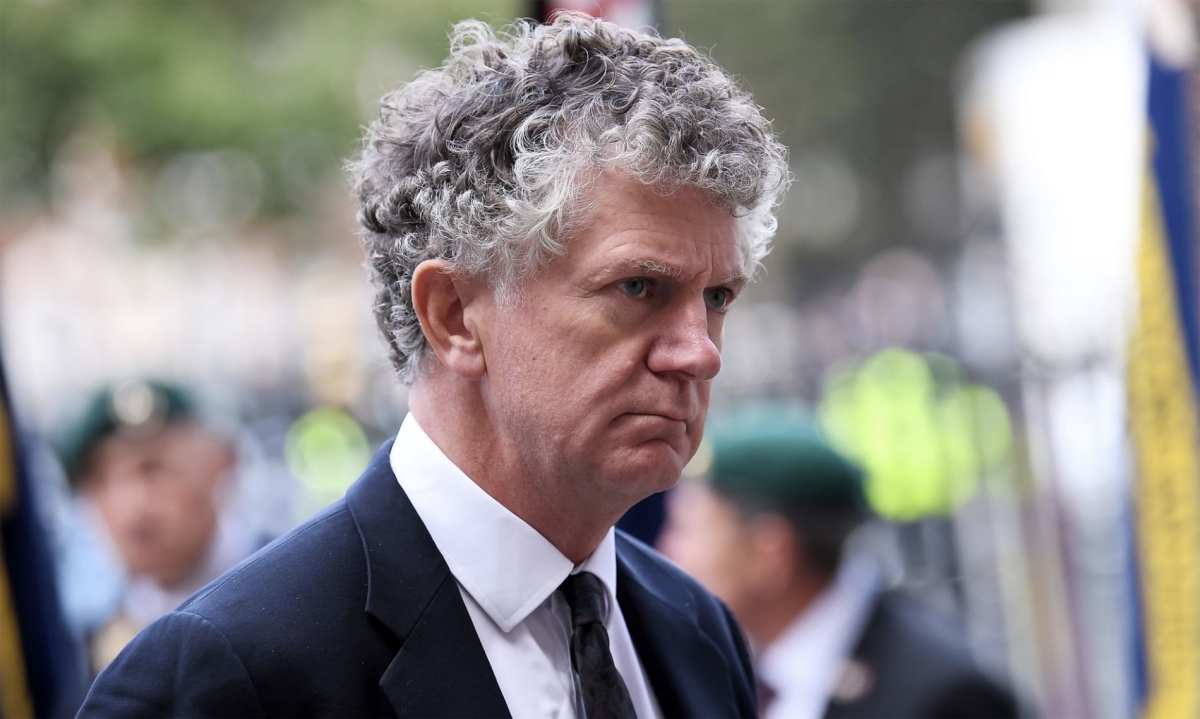Together with Peter Mandelson, the British ambassador in Washington, D.C, Jonathan Powell is the latest big name from the last Labour government to be given a big job by the current Labour government.
Powell, who was (then) Prime Minister Tony Blair’s Chief-of-Staff from 1997-2007, was appointed as the UK’s new National Security Adviser by (current) Prime Minister Sir Keir Starmer in November 2024. Still a relatively new role, his precessors have all been career-long civil servants.
Although he was Blair’s longest serving aide, now best known for negotiating the Good Friday Peace Agreement in Northern Ireland, Powell is no apparatchik, and his latest appointment is seen as political, something not lost on opposition parliamentarians and critics.
They argue that the NSA role should be non-political and point to Powell’s involvement in the recent September 2024 deal that led to the UK handing over sovereignty of the Chagos Islands to Mauritius—a controversial move, given that the island chain houses a top-secret US military base at Diego Garcia. So, who is this ultimate British deal fixer trusted in different roles by several governments?
From ETA to FARC
Born in 1956, Powell has had a varied career, including working in finance at American investment bank Morgan Stanley, and as a journalist with the BBC and Granada ITN. He founded the charity Inter Mediate in 2011, using his experience as chief British negotiator to help resolve complex conflicts, including acting in 2014 as the UK’s Special Envoy to Libya under David Cameron.
The author of several books, it is his diplomatic experience that is now most relevant to his current role. Beyond Northern Ireland, Powell worked on the successful negotiations with ETA in the Basque country, on the negotiations in Colombia with the FARC, and on the peace negotiations in Mozambique.
The National Security Advisor (NSA) is the principal official advisor to the Prime Minister and Cabinet on national security matters. This includes strategy, policy, capability, and civil contingencies. He is also Secretary to the National Security Council, and leads the national security teams in the Cabinet Office, meaning that he works across all Whitehall departments and overseas.
Overseas postings
A key part of the job is his network of international stakeholders, counterparts, businesses, industry, and civil society groups. Some contacts may even go back to his Oxford days, where he studied History, or later, at the University of Pennsylvania. Most he is likely to have met along the way, his career having begun in journalism, before he joined the Foreign Office in 1979.












